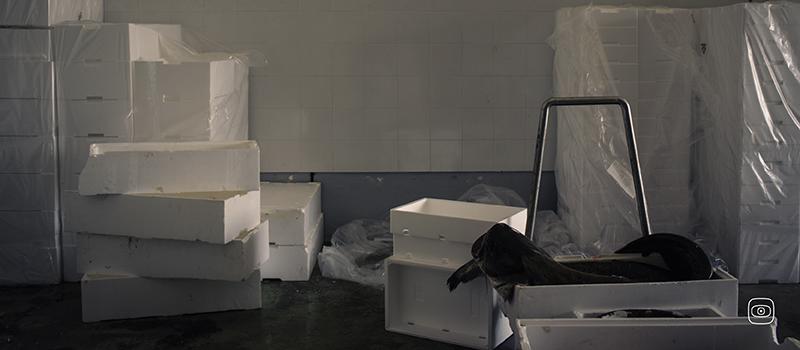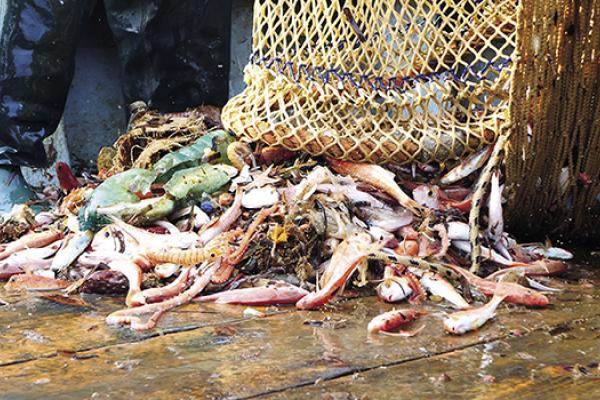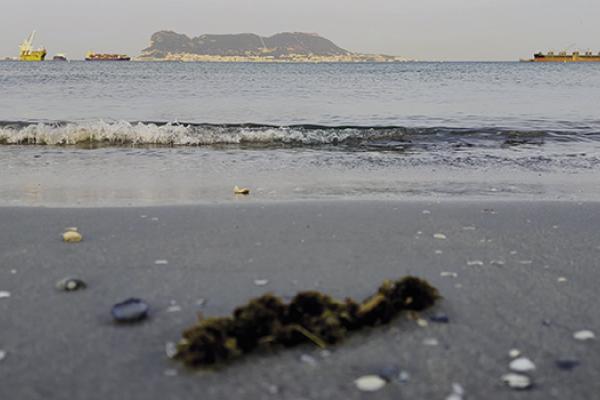Romanian fishermen were fleeing a system where the Delta’s canals were degrading, markets were monopolized, and fishing permits were nearly impossible to obtain. In Italy, many of these migrants now poach the invasive species that destroyed the Po Delta's fragile ecosystems and that the authorities want gone. Caught between two systems, they operate in murky legal waters.
Italy’s overlapping regional regulations, conflicting enforcement in Emilia-Romagna and Veneto, and lobbying from sport-fishing associations have pushed many Romanians outside the law. For some, fishing remains a matter of survival; for others, it has become a profitable underground trade, complete with night raids, electroshock devices, and networks that move fish across Europe and exploit the fishermen in need.
In a bitter loop sustained by failed governance, fish once legally caught in the Danube Delta is now poached in Italy and resold in Romania. Meanwhile, Italian authorities struggle to distinguish those exploiting the chaos from those simply trapped within it.
Key findings
- Through murky privatizations and concessions, politically connected elites and intelligence-linked networks have turned the Danube Delta into a private fiefdom, controlling access to key fishing waters and collection points that dictate market prices.
- Despite fighting poachers who devastate fish stocks, Romanian fishermen complain they are pushed outside the law by confusing regulations and collapsing ecosystems. Meanwhile, tens of millions of euros in EU funds meant to develop the region have been misused or lost due to bureaucratic failure.
- A new supply chain for freshwater fish has emerged — a product not consumed in Italy but exported to Eastern European countries. Local markets and traders have begun dealing in this fish and shipping it abroad, yet the low prices they impose have placed many fishermen under severe economic pressure. Much of this fish, difficult to trace and often handled in poor hygienic conditions, ends up on foreign tables.
- Regional regulations on inland fishing offer little incentive to this sector, which mainly targets invasive species such as the wels catfish — a predator that has devastated the Po’s ecosystem over the past decades. This situation has pushed many Romanian fishermen to operate in restricted areas. A double dynamic has emerged: some groups, resorting to illegal techniques, engage in poaching, while others, who strive to remain within the law, find themselves crushed by a system that offers no protection — and by the xenophobia that casts them as the main culprits behind the die-off of fish in inland waters.
- Italian law enforcement struggles to contain the phenomenon. The territory is vast, the personnel few, and resources scarce. In recent years, volunteer fish wardens have taken matters into their own hands, launching patrols that often turn into a hunt for Romanian fishermen — a campaign that singles out the community while obscuring the far deeper ecological crisis threatening the Po Delta itself.
Image by Daniela Sala: Wels catfish sold at the fish auction market in Porto Viro, the main commercial market for freshwater fish in the Po Delta region, Portoviro, Italy.






